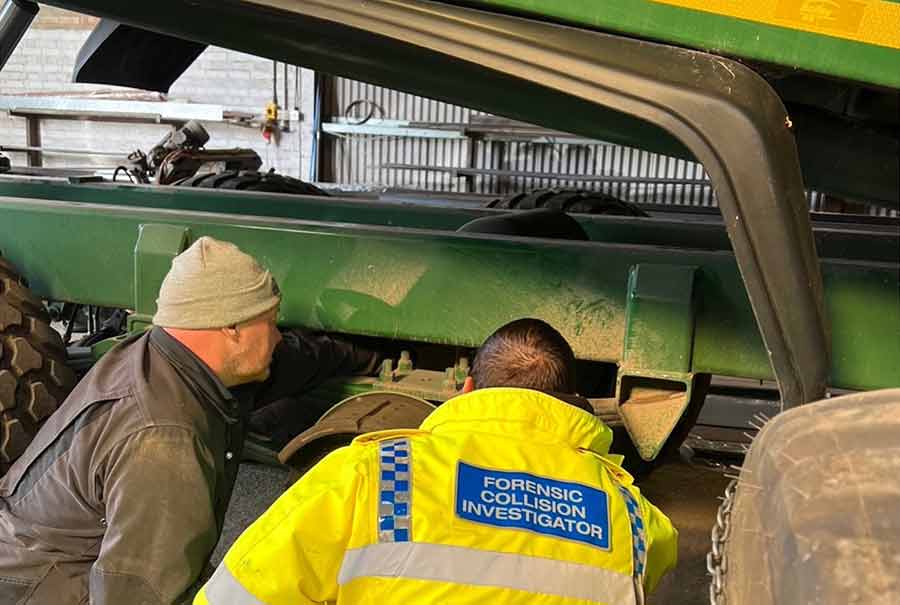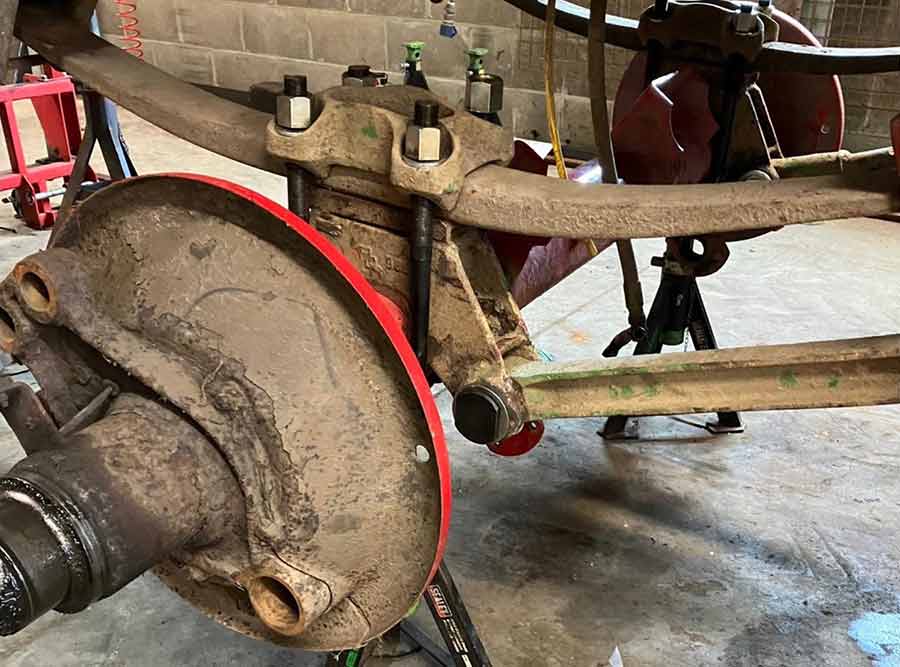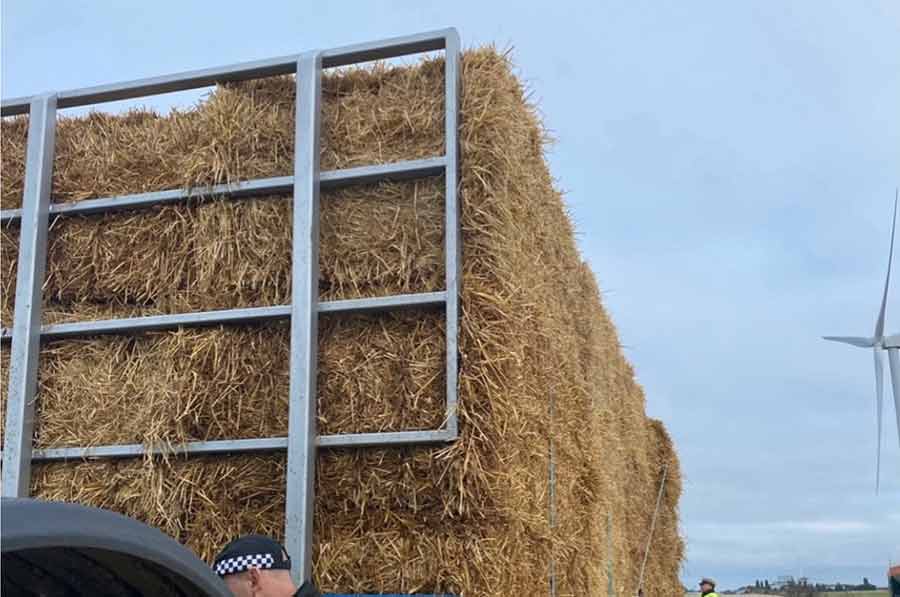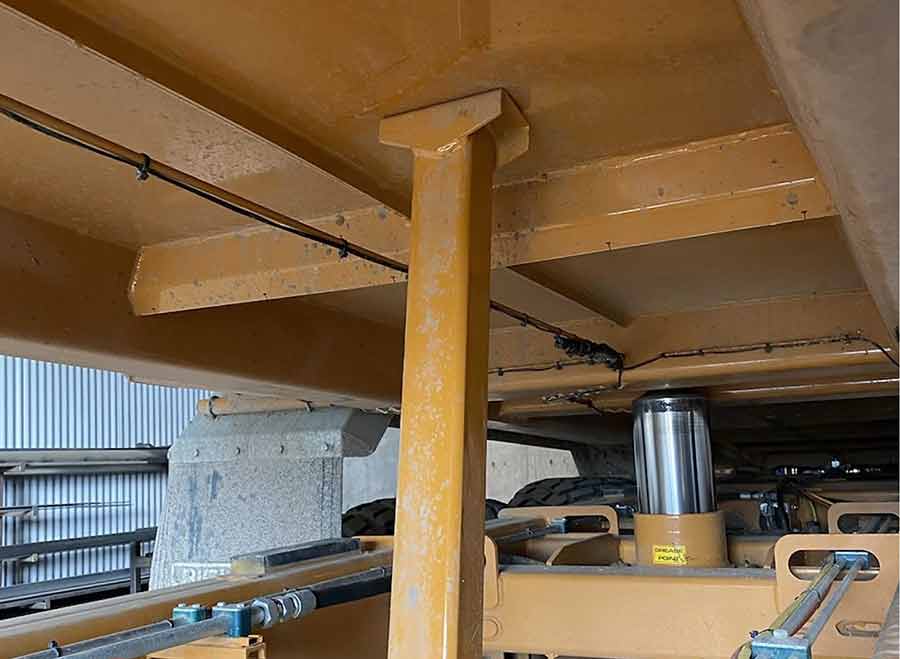Trailer safety updates ahead of silage season
 © Tilly Pass
© Tilly Pass As the silage season fast approaches, farmers are urged to make sure trailers are safe and well maintained in line with current legislation.
The Tilly Trailer Pass campaign was founded by the family of Harry Christian-Allan, who died in a towing accident in 2014.
Since then, the campaign has created an 18-point trailer safety checklist, which can be carried out by a Tilly Pass-certified mechanic, in order to make sure trailers are safe and prevent unnecessary incidents.
As farmers and contractors prepare for the silage season, Tilly Pass organisers have compiled a list of current trailer, towing and load safety legislation from the Driver and Vehicle Standards Agency and Health and Safety Executive.
Jacks and axle stands
Jacks must only be used to raise a vehicle up in order to place an appropriately rated stand for the trailer weight.
Once the stand is in place, remove the jack. This should only be undertaken by a suitably competent person with the correct qualifications to carry out the work.

© Tilly Pass
Flashing beacons
You must have a flashing amber beacon on your tractor and/or trailer when travelling on an unrestricted dual carriageway if the tractor and trailer combination is restricted to a maximum speed of 25mph.
The light from at least one warning beacon should be visible for 360C on a horizontal plane.
It is worth noting that loading a trailer so that the beacon is obscured is illegal.
The flashing warning beacon should repeat at least once per second and no more than four times per second, and the rate should not vary.
© Tilly Pass
Trailer weights and speeds
Trailer combinations are governed to tow at 20mph or 25mph, depending on the trailer braking system.
Fastracs and Unimogs (sprung rear axle) may tow at 25mph if the trailer is fitted with a full commercial braking system.
All other trailers are restricted to 20mph. Operators are reminded that all trailers should be fully maintained and in good working order to be used on or off the road.
Some specialist combinations may vary.

© Tilly Pass
Trailer body props
Extreme caution should always be taken when propping a body for onsite maintenance. Manufacturers’ recommendations should always be followed.
Only use a correctly rated, fitted body prop to prevent inadvertent lowering.

© Tilly Pass

